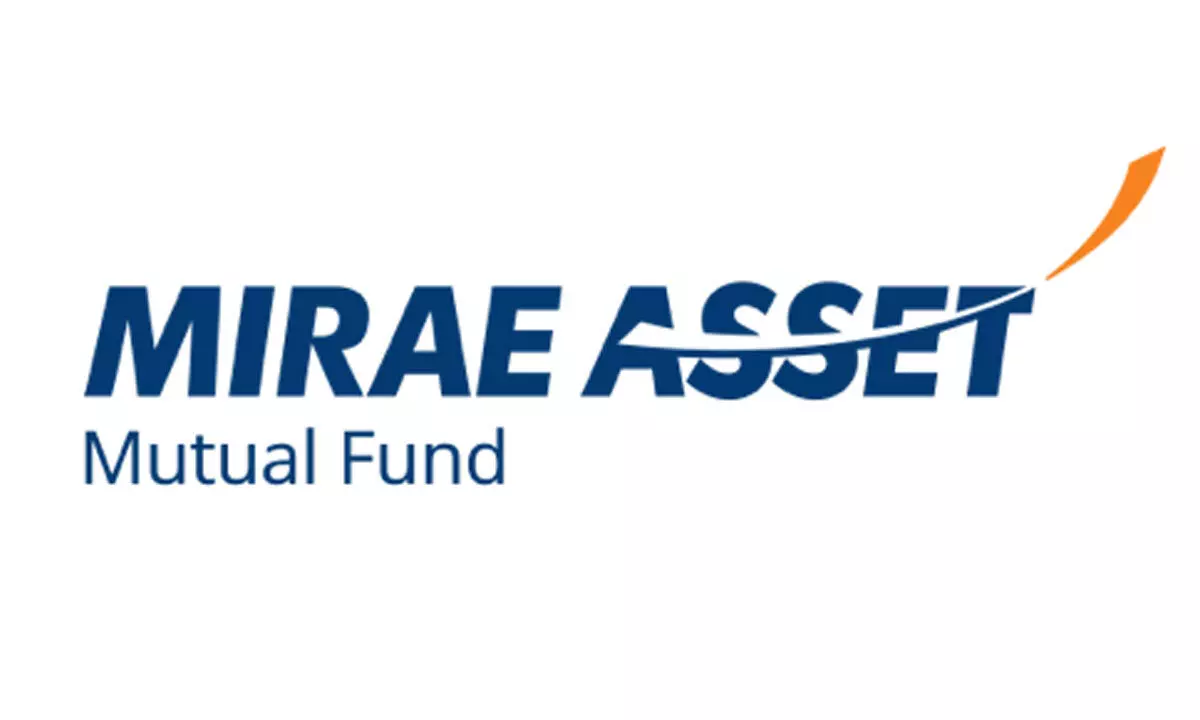Mirae Asset Bluechip Fund maintains consistency
I want to invest in Mirae Asset Emerging Bluechip Fund.
image for illustrative purpose

I want to invest in Mirae Asset Emerging Bluechip Fund. But the fund has put several restrictions, including a cap on investment. Can I consider the fund, or are there any regulatory issues? -B.S.R Sastry, Hyderabad
Over the years, Mirae Asset Emerging Bluechip Fund has maintained its record of performance, consistency and reputation. The fund continues to retain its superior position in the bluechip category.
Launched in 2010, Mirae Asset Emerging Bluechip Fund invests in a combination of large- and medium-sized companies. The large-cap companies are chosen from the top 100 companies by market capitalization. The mid-cap companies are selected from the top 250 companies by market capitalization. The fund follows the bottom-up approach, driven by value investing in growth-oriented businesses.
As per SEBI's definition, the 100 largest stocks by market capitalization are classified as large-cap stocks, and the next lot of 150 largest stocks by market capitalization are termed as midcap stocks. According to the category mandate, the minimum allocation to large and midcap stocks in these schemes is 35 per cent each, and the maximum can be 65 per cent each.
Mirae Asset Emerging Bluechip Fund is a good choice. However, this fund is not suitable for investors who seek quick returns or early redemption. Investors who can exercise patience and stay calm even during a market crash or a volatile market and have an investment tenure of three to five years or more - must only consider this fund. If you seek gains that beat inflation, you must also be prepared for adversaries and ups and downs. Like any other equity mutual fund, the Mirae Asset Emerging Bluechip Fund scheme does not guarantee or assure any returns.
Mirae Asset Emerging Bluechip Fund scheme, with emphasis on quality and growth, has reduced the fresh investments through the SIP mode (Systematic Investment Plan) from 25,000 to 2,500. As of today, there are no regulatory problems reported. Mirae Asset Emerging Bluechip Fund scheme was also done away with lump sum investments. Nevertheless, the fund house may allow investments from multiple investors within the family with a different PAN.
Can I invest in mutual funds in the name of my minor daughter? - Arun R, Bangalore
Yes, minor children below the age of 18 years are allowed to invest in a mutual fund scheme under their name. SEBI has a framework with respect to investment in mutual fund schemes in the name of minors to enable the efficient process and transmission of MF units. The uniform process and guidelines stipulated by SEBI are applicable across all Mutual Fund Asset Management Companies (AMCs).
As per the SEBI guidelines, investment in mutual fund schemes or purchase of mutual fund units on behalf of a minor may be made either from a savings bank account of a minor child or from a joint bank account of the minor child with the guardian only, through cheque, demand draft or any other acceptable mode. For existing mutual fund investment folios, the AMCs shall insist upon a Change of Pay-out Bank mandate before redemption is processed.
When the minor turns 18 years of age, the Asset Management Company (AMC) will put a stop to the investments (SIPs) in all mutual funds. The mutual funds will send a letter to the registered address of the guardian and the minor informing them of the same. The AMCs usually seek certain documents such as a copy of the birth certificate, guardian's relationship with the child and PAN if available in the children's name. These documents are required to be provided only for the first time investment. Upon the minor attaining the status of major (turns 18 years of age), the minor in whose name the investment was made shall be required to provide all the KYC details and updated bank account details, including the cancelled cheque leaf of the new account. No further transactions shall be allowed till the status of the minor is changed to major. In the case of SIPs, the Asset Management Company will put a stop to the SIP investments once the child turns 18 years.
The investment in the mutual fund scheme can be of any amount without any restriction. Either parent, grandparents, other relatives or legal guardians of a child can invest a considerable amount of money in a mutual fund scheme. However, the mutual fund portfolio will be in the name only. There is no need for a joint holding of the mutual fund investment, unlike a bank account. Before doing this, the minor must convert the savings bank account status from minor to major. The mutual fund investments can be continued, and SIPs can be resumed under the same folio once the mutual fund investment accounts are converted to 'major' status.
(The author is a SEBI licensed Research Analyst. The alumnus of the Indian Institute of Foreign Trade (IIFT), he had held leadership roles at National Geographic, Reliance Radio Television Luxembourg, STAR TV, etc)

